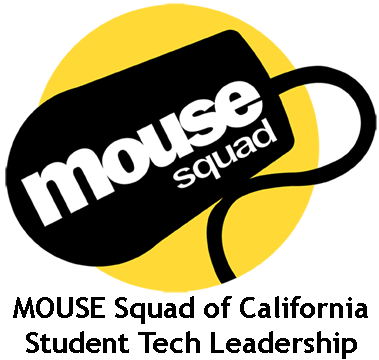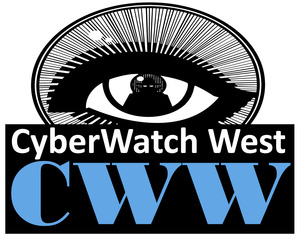Announcement from CSSIA.ORG for LPI Academy Train-the-Trainer Session
CSSIA.ORG is pleased to announce a new program now available from the Linux Professional Institute, the LPI Academy. Over the next few months CSSIA.ORG will be working with the LPI Academy to plan instructor training workshops. If you are interested in learning more about the LPI Academy, you can register to attend a one hour Train-the-Trainer workshop on August 21st at 10 AM or 2 PM Pacific Daylight Time.
Please register for LPI Academy Linux Essentials Train-the-Trainer on Aug 21, 2013 10:00 AM PDT at:
https://attendee.gotowebinar.com/register/1749560846514180096
Please register for LPI Academy Linux+ powered by LPI Train-the-Trainer on Aug 21, 2013 2:00 PM PDT at:
https://attendee.gotowebinar.com/register/6447693767652217088
This session is for LPI Academy instructor Candidates and is designed to give a deep overview of the Linux+ powered by LPI/LPIC-1 offering from the LPI Academy North America.
Participants will get an idea of the course scope, hear explanations of typical problem areas for students and in general hear how the course is taught from an experienced Instructor.
Attendees will also hear about good course ware recommendations, learn about lab options and get answers to their questions about this exciting new course.
After registering, you will receive a confirmation email containing information about joining the webinar.
Read about the latest of CSSIA in the Summer Newsletter:
CSSIA Newsletter 2013

























